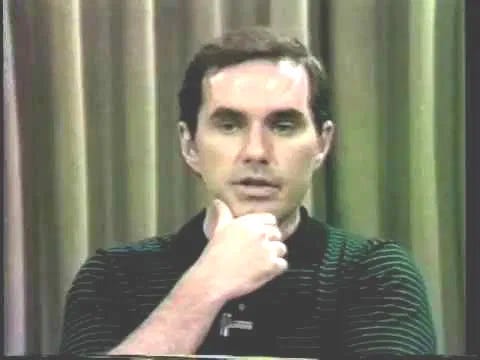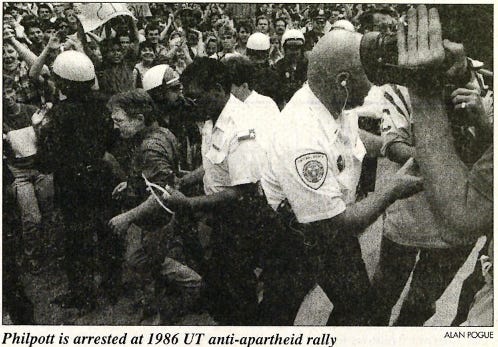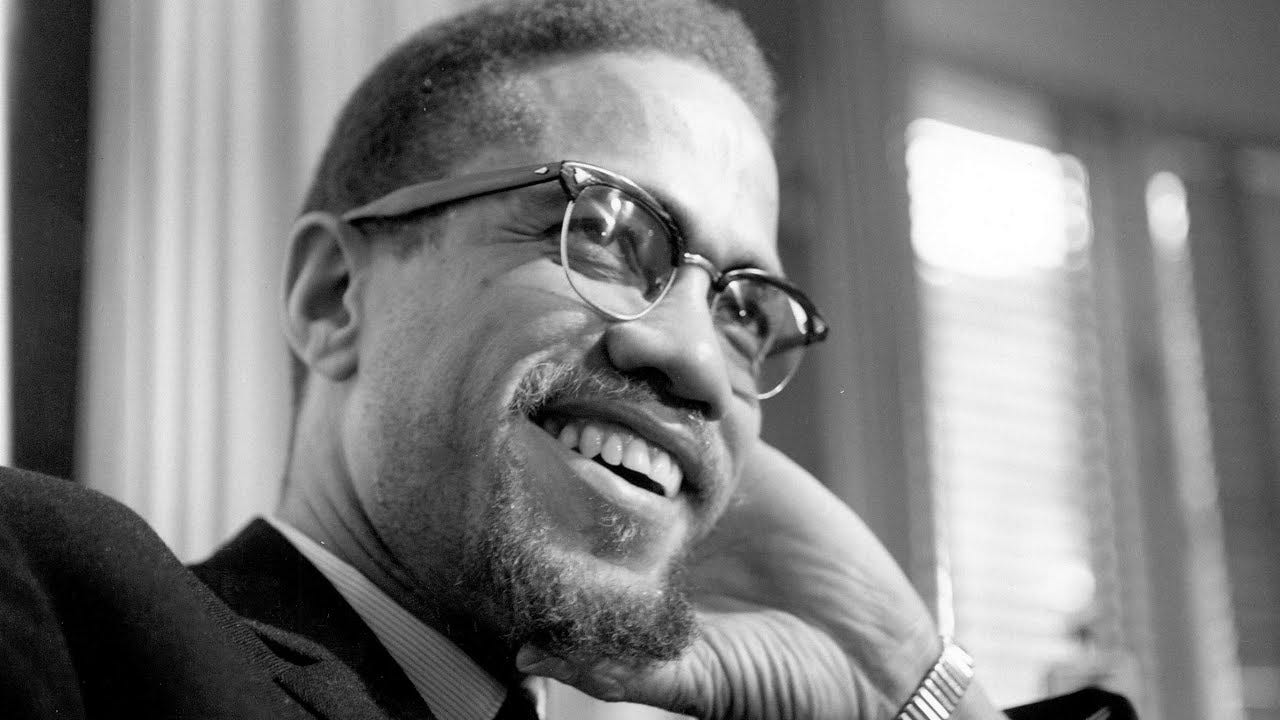
My point of political radicalization came in late 1981, in the midst of a year long course in Civil Right History I took from my single greatest mentor, Dr. Tom Philpott at the University of Texas at Austin.
Tom made me into the intellectual and political being I am today. He gave me the outline for a book he wanted to write drawing parallels between the lives of Malcolm X, Robert Kennedy Jr., and Thomas Merton. He wanted to call it “Transformation.” I may still write that book. Tom was also a devout Catholic, a Jesuit who strongly identified with Franciscan values. He felt his Irish roots deeply as well.
He worked on the 1968 Kennedy campaign, fairly high up in the Chicago office, which was an important one that year because of the convention. His experience that year formed the basis of his education goals until his suicide in 1991.
I took the transformative class from him in the Fall 1981 - Spring 1982 Semester. It was simply called “US Civil Rights History.” I took three more classes from him, every undergraduate course he taught. In 1990 I became only the thirteenth student in UT Austin History to be awarded a Bachelor of Science in Nursing with a minor in History! That’s Tom’s doing.

We became friends, personal friends. I stayed over at his house frequently, often cooking for a gathering of graduate students or anti-war protestors. The issues at that time were in Central America. Liberation Theology was a thing, Tom knew activists assassinated in El Salvador personally. We talked about our love lives, Tom was passionate about everything, including his personal life
I was one of the students in his orbit when he killed himself. He was bi-polar, he distrusted medical authority, he was always on and off his meds, which in those days weren’t that good. When he died he was heart-broken for a number of reasons, I have no idea which of them drove him to it, or if it was just all of them together.
I had a key to the house where he shot himself, on the back porch, in the heart. I know Tom well enough to know that this was because he wanted to die lucid. I didn’t discover him, but I could have.
Here’s a section from the eulogy delivered after his suicide in 1991. I include it because I agree with every word of it.
The untimely death of Tom Philpott reminds us that a great mind and a good heart offer no assurance of an easy life. Tom taught history, but to those who knew him, he taught much more.
There was no individual at the University of Texas who meant so much to so many. He symbolized a college education as a learning experience. He was that rare breed of University professor committed to students and learning. Tom did not mold minds, he opened them. He taught, through example, that every one of us had the power to initiate change. Students were drawn to Tom - not because he ran against the UT grain - but because he managed to remain one of "us." At every turn, Tom confronted the University bureaucracy. He constantly fought a losing battle to keep the University a place for education, not for business.
When he battled, it was done full tilt, without regret or reservation. He stood in protest with students on the West Mall more times than memory serves.
The written word was his tool. Tom depended on the pen of others to deliver his message as quickly as he relied on himself. There were so many books . . . Altgeld's America, The Book of Lights, My Name is Asher Lev, A Rumor of War, Souls on Fire, to name but a few. They are all studies in the human spirit, lessons in overcoming obstacles. Lessons Tom thought we should learn.
We can extend his commitment to learning by obtaining the best education possible; and retaining our convictions in the process. We were proud to have him as a teacher. We shall not see his like again...
Tom would be starting some shit right now. I miss him.

Tom taught me about the real Martin Luther King Jr. He despised the paper icon that most people crafted him into. Martin Luther King Jr. used peaceful non-violent protest not because he wanted peace. He did not want peace. He wanted justice.
Dr. King used non-violent civil disobedience because he knew it would provoke a public show of the state-sanctioned violence that was usually practiced in private. He sent his protestors deliberately into harm’s way. Their job was to receive the blows and not fight back. Yes, that was Christian charity, but it was also good news copy and enabled shocking and viral publicity for his cause. What happened on that bridge in Selma was a huge success for Dr. King’s tactics.
Black protestors were willing to do this because they were getting beat down anyway. There was no avoiding beatings by the police back then if you were black (my how little has changed). The only choice they had was to be beaten by the police as a part of a public demonstration instead of being beaten in private.
Having his name being invoked as a plea to quell riots is truly offensive. The last thing Dr. King would have advocated in the face of George Floyd’s lynching is standing down from protest. He would have been doing everything he could to provoke the police into public displays of violence.

Rosa Parks wasn’t a meek little seamstress who just willy-nilly decided one day that she wasn’t going to move to another seat on the bus. She was a committed activist and organizer, her protest was planned, the Birmingham Bus Boycott had been planned long before she boarded that bus that day. She’d be in the streets today.

This is my favorite picture of Malcolm X. Of all the civil rights leaders of the 1960’s I identify with his thinking most strongly. He came to the conclusion that legislative reform in the US was unnecessary. The US already had sufficient legal protections for US citizens. He concluded that black people needed to be recognized as US citizens.
The is why he argued for an independent black nation. It wasn’t a racist reaction to the US form of government, he admired the Constitution, as all lovers of human freedom do. He simply recognized that the system that existed on this stolen land wouldn’t grant black people citizenship through political means, in fact, structurally, it couldn’t. Citizenship would have to be taken.
He was right. That’s the fight we’re in today.

